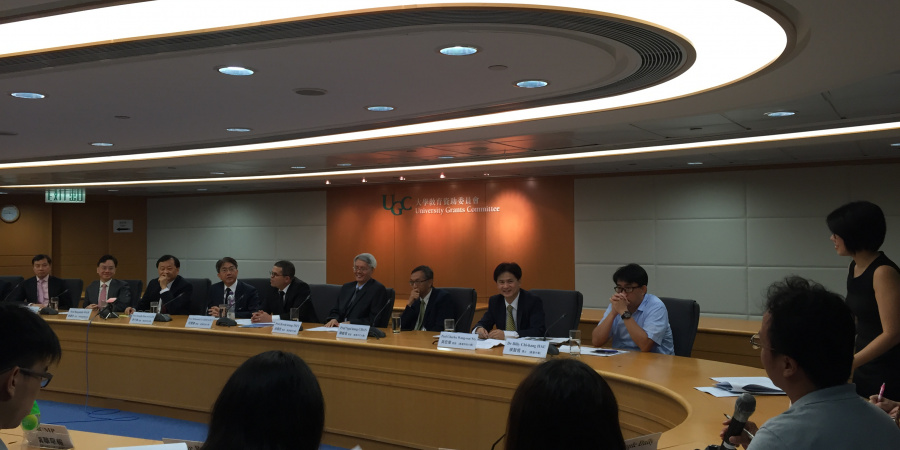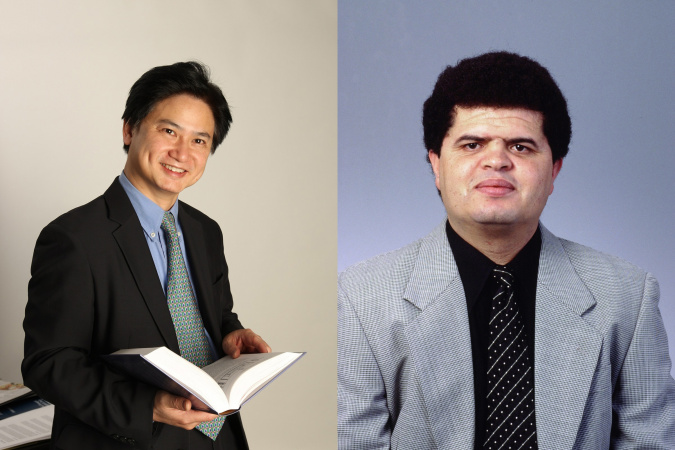Two Engineering Academics-Led Projects Received Funding under RGC Theme-based Research Scheme
The research excellence of the School of Engineering saw two HKUST-led projects receive funding totaling more than HK$66 million under the fifth round of Research Grants Council’s Theme-based Research Scheme. The project on “Understanding Debris Flow Mechanisms and Mitigating Risks for a Sustainable Hong Kong” was led by Prof Charles W W Ng, Associate Vice-President (Research and Graduate Studies) and Chair Professor of Civil and Environmental Engineering, and the project on “Smart Urban Water Supply Systems (Smart UWSS)” was led by Prof Mohamed Ghidaoui, Chair Professor of Civil and Environmental Engineering. Each project was awarded HK$33.225 million, both under the theme of Developing a Sustainable Environment.
The research project led by Prof Ng will adopt a holistic approach to tackle scientific challenges and to address the risk of debris flows in Hong Kong. It comprises research studies in three inter-related key areas of landslide material characterisation from micro to macro-scales and innovative monitoring techniques; investigation of debris flow mechanisms; and risk mitigation measures. The project aims not only to advance our scientific knowledge and understanding of dynamic interaction between debris flows and multiple flexible barriers, but also to develop world-leading design guidelines for multiple flexible barriers against debris flows to reduce the environmental impacts, risks and costs of mitigation measures again debris flows, contributing to the safe and sustainable development of Hong Kong.
The research team led by Prof Ghidaoui proposes a comprehensive theme-based research program involving theoretical, laboratory and field studies to develop a new diagnostic paradigm for water supply network monitoring and fault detection. The resulting data will be processed with advanced transient-based inverse methods and algorithms to pinpoint and characterize leaks, blockages and weak pipes. The World Bank estimates the monetary value of the lost water from supply systems worldwide is about US$15 billion/year. Indeed, water infrastructure has been highlighted as a critical issue nationally — in the 2011 “No. 1 document” issued by the Chinese Central Government; in the 2011 “Green Quality Living in Greater Pearl River Delta” study; and in the 2008 “Total Water Management” and 2015 “Water Intelligent Network (WIN)” policies of the Hong Kong government. Hong Kong has committed HK$23 billion to the rehabilitation and replacement of its water supply infrastructure. Many other countries are long overdue for massive UWSS upgrades (e.g. the American Water Works Association estimates that at least US$250 billion is needed in the USA alone).
A total of five research projects chosen among 28 applications are funded in the latest round of the Theme-based Research Scheme.
Related link:


